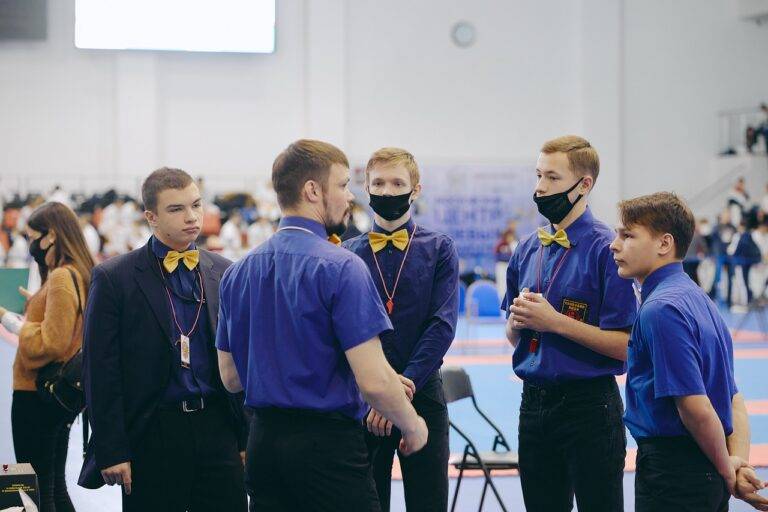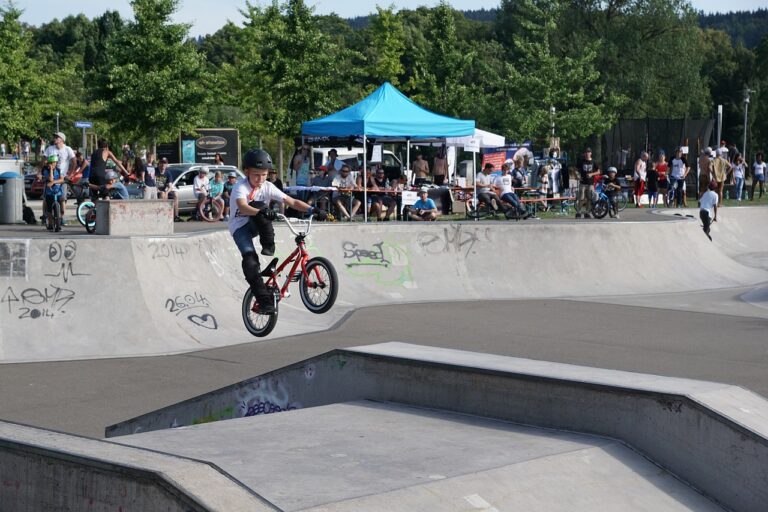IPL and Indigenous Sports: Preserving Traditional Games Alongside Cricket
Laserbook, Betbhai9: The Indian Premier League (IPL) has undeniably captured the hearts of millions with its flashy format, star-studded lineups, and intense competition. On the other hand, indigenous sports hold a deep-rooted significance in the traditional cultures of various communities across the country. The clash between the two represents a battle between modernity and tradition, each vying for a place in the sports landscape of India.
While IPL shines under the spotlight of commercialization and global recognition, indigenous sports struggle to maintain their relevance and presence in a rapidly changing society. The allure of big money, high-profile endorsements, and global reach that the IPL offers presents a stark contrast to the rich heritage, cultural values, and historical significance embodied by indigenous sports. As these two worlds collide, the delicate balance between preserving tradition and embracing modernity hangs in the balance, posing a complex challenge for the sports industry in India.
The Significance of Traditional Games in Indigenous Cultures
Traditional games hold a significant place in the cultural heritage of indigenous communities around the world. These games are not merely recreational activities but are deeply rooted in the traditions, values, and beliefs of these communities. They serve as a way to pass down knowledge, skills, and stories from one generation to the next, connecting individuals to their cultural roots. Through these games, indigenous cultures preserve their unique identity and keep their traditions alive.
Moreover, traditional games play a crucial role in promoting social cohesion and fostering unity within indigenous communities. The act of playing together encourages teamwork, communication, and mutual respect among participants. It provides a platform for community members to come together, bond, and strengthen relationships. In this way, traditional games serve as a unifying force that brings individuals closer and reinforces the sense of belonging within the community.
• Traditional games are deeply rooted in the traditions, values, and beliefs of indigenous communities
• They serve as a way to pass down knowledge, skills, and stories from one generation to the next
• Traditional games help individuals connect to their cultural roots and preserve their unique identity
• Playing traditional games promotes social cohesion and fosters unity within indigenous communities
• Teamwork, communication, and mutual respect are encouraged through playing together
• Traditional games provide a platform for community members to bond and strengthen relationships
• These games act as a unifying force that brings individuals closer and reinforces the sense of belonging within the community
Challenges Faced by Indigenous Sports in the Era of IPL
The emergence and popularity of the Indian Premier League (IPL) has posed significant challenges for indigenous sports in India. One of the main hurdles faced by traditional sports is the competition for viewership and sponsorship in a market heavily dominated by cricket. The massive commercial success and media coverage of the IPL often overshadow indigenous sports, leading to a lack of exposure and support.
Moreover, the modernization and glamour associated with IPL matches often draw attention away from the cultural significance and heritage of indigenous sports. This shift towards commercialization and entertainment value can devalue the rich history and traditions embedded in these traditional games. As a result, indigenous sports struggle to retain their authenticity and struggle to compete with the glitz and glamour of the IPL.
What is the main difference between IPL and indigenous sports?
IPL is a modern, commercialized cricket league that attracts a large audience and significant financial investments, while indigenous sports are traditional games that hold cultural and historical significance.
Why are traditional games important in indigenous cultures?
Traditional games are important in indigenous cultures as they help preserve cultural identity, promote community bonding, and pass down traditional knowledge from generation to generation.
What are some challenges faced by indigenous sports in the era of IPL?
Some challenges include lack of funding and resources, competition for attention and participation from younger generations, and the fading interest in traditional games compared to modern, popular sports like cricket.
How can indigenous sports overcome the challenges posed by IPL?
Indigenous sports can overcome challenges by receiving more support and recognition from government bodies, promoting cultural education and awareness, leveraging social media and technology to reach a wider audience, and collaborating with mainstream sports organizations.







